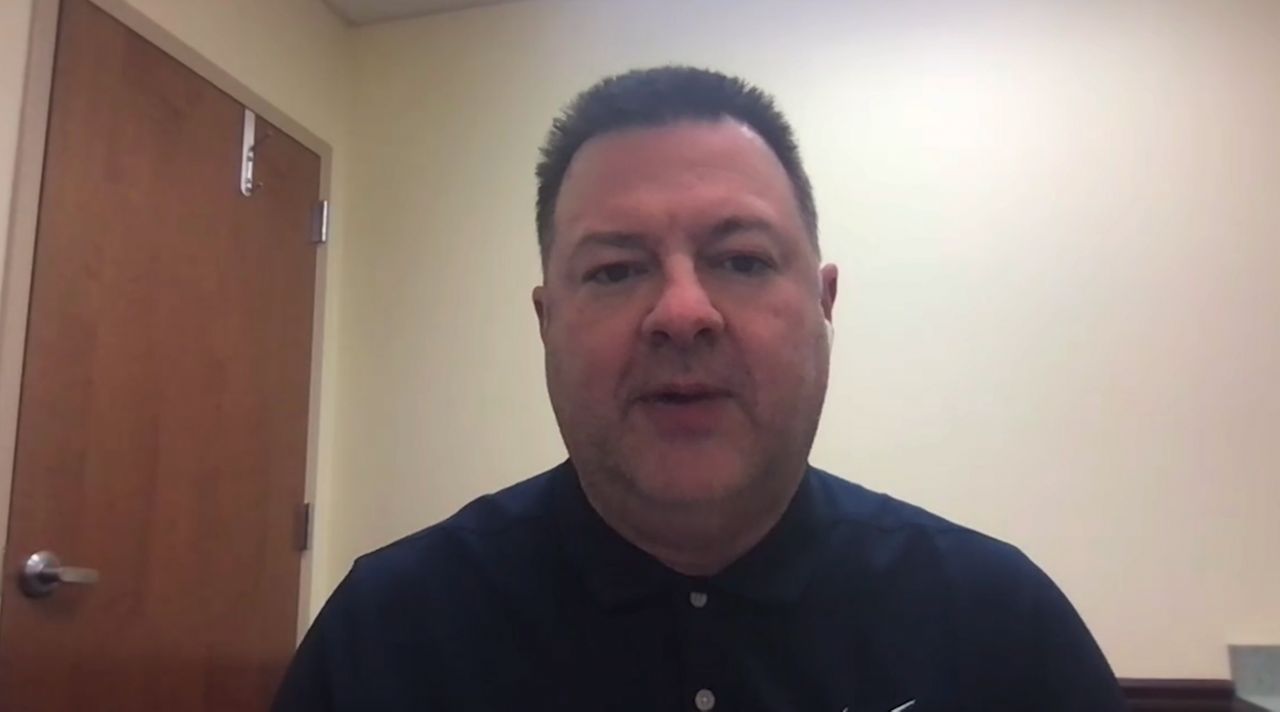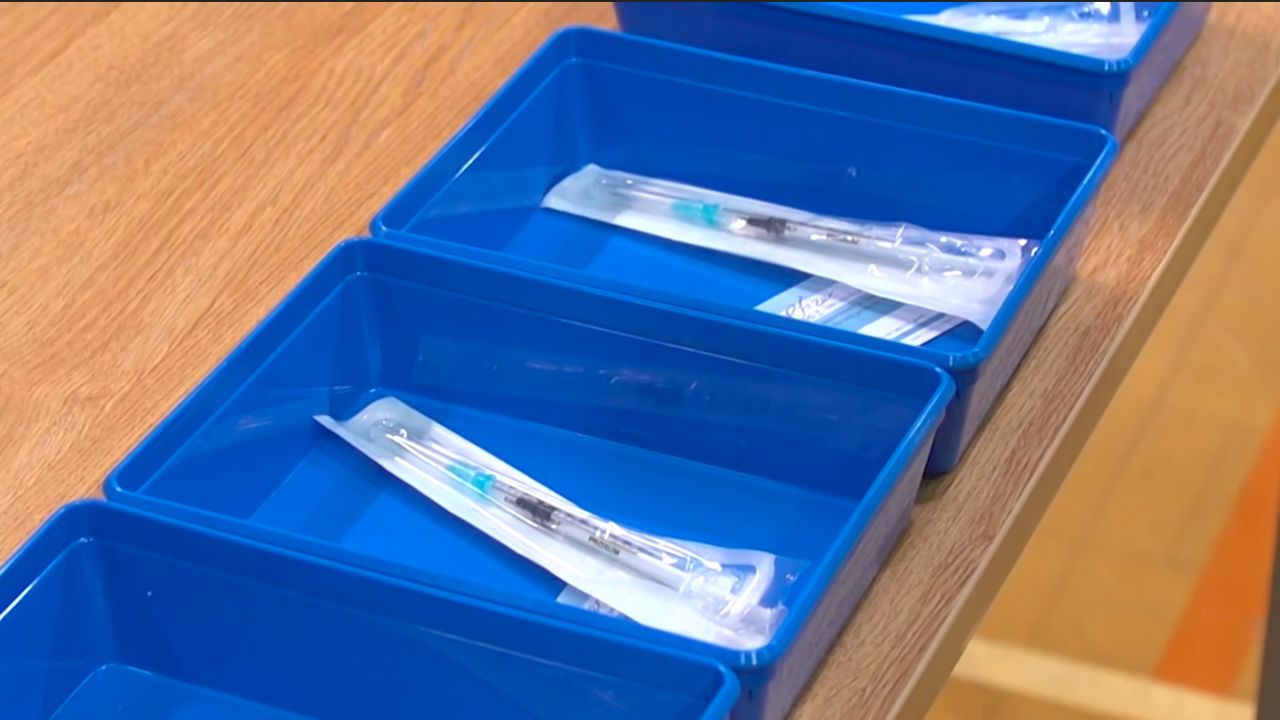CLEVELAND — The White House has plans to distribute COVID vaccines for 28 million children between 5 and 11 years old. Vaccinations could begin as the Food and Drug Administration approves Pfizer-BioNTech's vaccine.
What You Need To Know
- The White House detailed plans to approve the distribution of COVID vaccines for children by the beginning of November
- If approved, 28 million children between 5-11 years old will be able to get the shot
- Dr. Chris Peltier said the shot will be one-third of the does given to people 12 and up
"As of right now the FDA subgroup is planning on meeting Oct. 26 and it is anticipated that they will grant emergency use authorization for the Pfizer COVID vaccine for kids 5-11 years old. They've had that guideline for a while. They've been reviewing it. If and when that happens the next step would be for the advisory committee on immunization practices through the CDC (Centers for Disease Control and Prevention). They are planning to meet on Nov. 2 and Nov. 3," said Dr. Chris Peltier, a pediatrician at Pediatric Associates of Mount Carmel.

If approved by the committee, Peltier, who is also the president elect of the American Academy of Pediatrics Ohio Chapter, said the dose for children will be a bit different than the ones for people 12 and up.
"The dose for kids 5-11 is one-third of the dose we're currently giving patients 12 and up," said Peltier.
The plan outlined by the White House also includes having the vaccine available in certain schools. Peltier said this can be useful for some families.
"For younger kids that you know are little bit more afraid of getting shots, I think doing it in their pediatricians office where they're comfortable is going to be the best option. But we do know that there are many families that unfortunately don't have access or transportation to their health care provider. So I think giving it in schools is a great option for those families who don't have access to a primary care provider," said Peltier.

Peltier also addressed concerns some parents may have about getting their sons vaccinated. Research in the New England Journal of Medicine found males between the ages of 16 and 29 had an increased risk of developing heart problems after receiving a second dose of the Pfizer or Moderna vaccines.
"I remind them, No. 1, it's very rare. No. 2, it's very mild. And honestly, your risk of getting myocarditis is much greater if you get natural COVID infection. So by actually getting vaccinated you're actually decreasing the risk of chance that you could get myocarditis," said Peltier.



